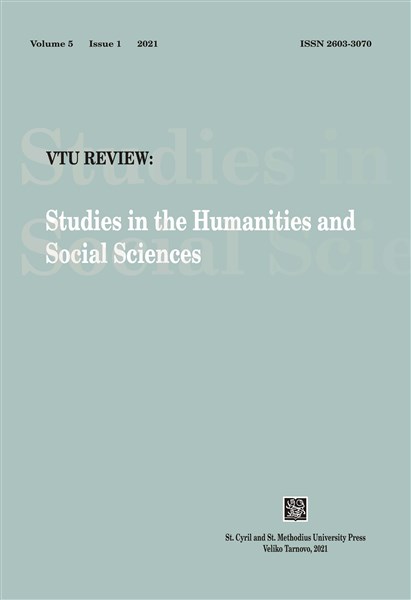Trauma and the Irish Experience: The Example of M. J. Hyland’s 𝐶𝑎𝑟𝑟𝑦 𝑀𝑒 𝐷𝑜𝑤𝑛
Trauma and the Irish Experience: The Example of M. J. Hyland’s 𝐶𝑎𝑟𝑟𝑦 𝑀𝑒 𝐷𝑜𝑤𝑛
Author(s): Dmytro DrozdovskyiSubject(s): Language and Literature Studies, Literary Texts, Fiction, Studies of Literature, Novel, Other Language Literature
Published by: Великотърновски университет „Св. св. Кирил и Методий”
Keywords: M. J. Hyland; post-postmodernism; Irish fiction; truth
Summary/Abstract: The article analyses the philosophical features of M. J. Hyland‘s novel 𝐶𝑎𝑟𝑟𝑦 𝑀𝑒 𝐷𝑜𝑤𝑛 (2006), spotlighting this text in the espistemological paradigm of post-postmodernism. The analysis considers some of the distinctive features of the irish novel in the second half of the twentieth and early twenty-first centuries, such as anticolonial explications and the smashed type of identity of the characters. 𝐶𝑎𝑟𝑟𝑦 𝑀𝑒 𝐷𝑜𝑤𝑛 reveals the post-postmodern tendency of searching for the truth and explaining the nature of human beings as a combination of the humanitarian and the biophysical. The novel‘s protagonist has a special superpower of detecting lies in the discourses produced by other characters. His inability to accept lies physically may be linked to the post-postmodern tendency of rejecting the hybrid combination of truth and untruth, typical of some kinds of postmodernist writing. The analysis also explores the representation of trauma in Hyland‘s novel.
Journal: VTU Review: Studies in the Humanities and Social Sciences
- Issue Year: 5/2021
- Issue No: 2
- Page Range: 200-210
- Page Count: 11
- Language: English

